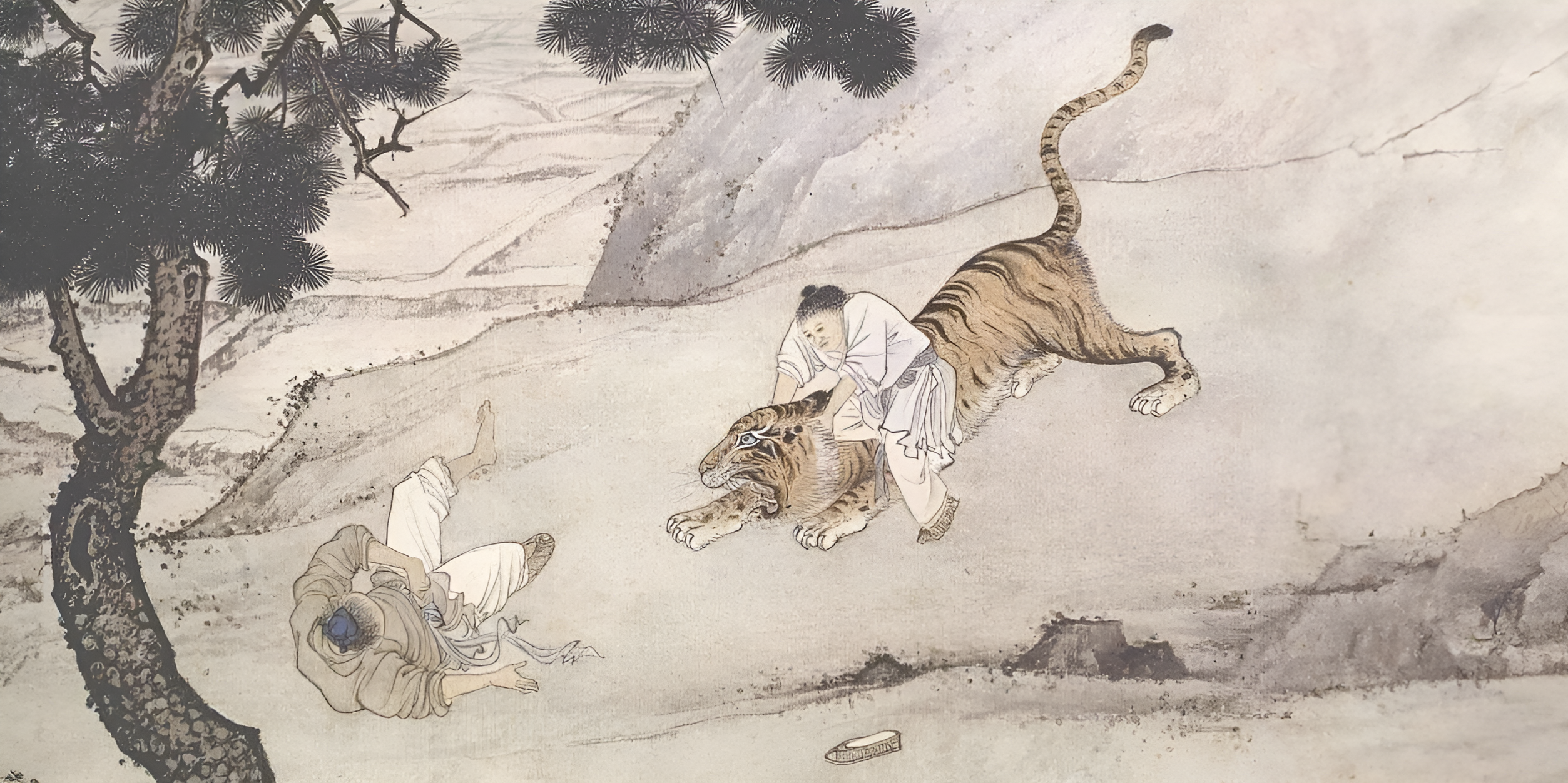
Father's Day: Stories of Exemplary Filial Piety
Springer Yang, Contributing Editor
Father's Day is approaching. For traditional Chinese people, the immense responsibility a father bears for all family members is described as "fatherly love as great as a mountain." Meanwhile, children repay this love with filial piety and respect. Over thousands of years, there have emerged 24 stories of extraordinarily filial children whose touching deeds have resonated across generations and formed a foundation for the education of people of all ages and backgrounds.
As a Father's Day gift, let's revisit a few of these exemplary filial figures who showed great devotion to their fathers.
Shun, Whose Filial Piety Moved Heaven
Shun, one of the Five Great Emperors of ancient times, was surnamed Yao and named Chonghua, also known as Youyu. He was known for his loyalty and filial piety towards his parents. He had a blind father named Gusou. After Shun lost his mother during his childhood, his father remarried a vicious stepmother, and they had a proud and arrogant half-brother named Xiang.
According to legend, Shun's father, instigated by the stepmother, conspired multiple times with her and Xiang to kill Shun. Once, they sent Shun to repair a granary and then removed the ladder, setting fire to the granary to burn him alive. However, Shun managed to escape by using two large hats as parachutes. On another occasion, Shun's stepmother sent him to dig a well, and while he was deep in the well, Gusou and Xiang filled it with earth to bury him alive. But Shun had pre-dug a tunnel and escaped again.
Despite these attempts on his life, Shun harbored no hatred and continued to be respectful to his parents and kind to his brother. His exceptional filial piety moved the Emperor of Heaven. Consequently, when Shun farmed in Lishan, elephants plowed for him, and birds weeded the fields. The villagers admired him and moved to live near him. Emperor Yao, upon hearing of Shun's filial deeds, chose him as his successor. After Shun became the emperor, he returned home to visit his father with the same respect and ennobled his brother Xiang as a noble.
Dong Yong, Who Sold Himself to Bury His Father
Dong Yong, reportedly from Qiancheng during the Eastern Han Dynasty (modern-day Gaoqing County, Shandong), relocated to Anlu (modern-day Hubei) to escape war. His family was poor, and he lived with his father after his mother passed away. When his father also passed, Dong Yong couldn't afford a coffin. He sold himself to a wealthy family as a slave to cover the funeral expenses.
One day, on his way to work, Dong Yong met a woman under an old locust tree. She claimed to be homeless and offered to marry Dong Yong and help him repay the debt together. The two became husband and wife and worked for the wealthy family. She wove three hundred bolts of silk in a month, quickly repaying the debt and buying back Dong Yong's freedom.
On their way home, they again stopped under the old locust tree where the woman revealed she was the daughter of the Emperor of Heaven, sent to help Dong Yong because of his filial piety. After revealing her identity, she ascended to the sky. Hence, the place was later renamed Xiaogan (meaning "moved by filial piety").
Yang Xiang, Who Strangled a Tiger to Save His Father
Yang Xiang, from the Jin Dynasty, was fourteen when he accompanied his father to the field to harvest rice. Suddenly, a tiger attacked, grabbing his father in its jaws. Young Yang Xiang, with no weapon at hand, threw himself at the tiger, gripping its throat with all his strength. The tiger struggled but eventually released his father and fled. Both father and son survived the ordeal.
Wu Meng, Who Allowed Mosquitoes to Feed on Him
Wu Meng, also from the Jin Dynasty, lost his mother early and lived with his father. They were very poor, and could not even afford a mosquito net for their bed during summer. His father was constantly bitten by mosquitoes and couldn't sleep. Wu Meng couldn’t bear to see his father suffer, so he decided to attract the mosquitoes to himself. At night, he took off his clothes and sat by his father's bed, letting the mosquitoes bite him instead. He didn't drive them away, so they would be too full to bite his father. All summer long, Wu Meng endured the pain and itch of the bites to ensure his father could sleep peacefully.


























